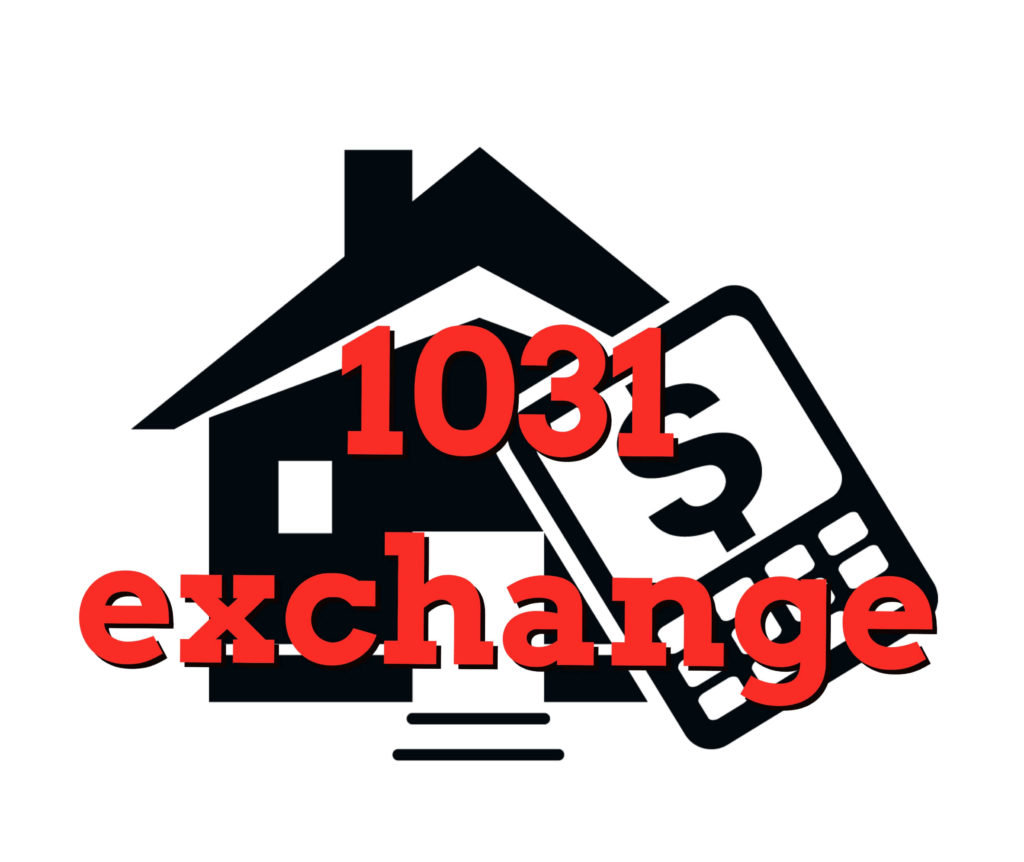1031 Tax Exchange on Mississippi Land can be a wise decision. In broad terms, 1031 (also known as Starker or like-kind exchange) allows individuals to exchange one investment property for another while deferring all capital gain taxes even if you’re buying hunting land for sale in Mississippi. In real estate, a 1031 exchange holds immense importance because it allows you to build wealth through strategic property investments without worrying about capital gain taxes.

What Is A 1031 Exchange And Why It Matters In Real Estate?
A 1031 exchange is a section of the U.S. Internal Revenue Service’s tax code. According to a 1031 Exchange, individuals can defer the taxes on real estate investment provided:
• They invest in like-kind properties
• They buy a property of greater or equal value
• They complete everything within the exchange period specified by a 1031 exchange.
• If implemented correctly, a 1031 exchange allows you to exchange or swap properties without any limit and as frequently as you want.
What about Depreciable Properties?
There are special rules for the exchange of depreciable properties. This type of exchange usually results in depreciation recapture, which is a kind of profit and taxed similarly to ordinary income. This recapture can be avoided when you exchange one property for another. It is advisable to consult with a trusted expert to deal with such complications.
Timing Rules and Delayed Exchanges
Typically, an exchange is a simple swap of properties between two individuals. However, the chances of finding a seller of a like-kind property are rather slim. That’s the reason why most of the property exchanges are starker, three-part, or delayed exchanges.
A delayed exchange involves a qualified middleman or intermediately that holds the money that you received after selling your old property and uses it to purchase like-kind property on your behalf.
When it comes to timing in a 1031 Exchange rule, there are two rules you have to keep in mind:
The 45-day rule
This rule is related to the designation of the exchanged property. Once you sell your property, your intermediary will hold the cash. You must not receive the cash if you want to take advantage of a 1031 rule. Moreover, you must find and specify the replacement property and designate it to your intermediary within 45 days. As per the rules of IRS, an individual can designate up to 3 properties but you can close on only one of them eventually.
180-Day Rule
This rule is related to closing. Within 180 days of selling the old property, the buyers must close on the replacement property. These timings run concurrently. For instance, if you designate an exchange property after 20 days of making the sale, you’ll have 160 days to close the deal.
In Conclusion:
A 1031 Exchange is an incredibly beneficial rule for property investors and can be successfully implemented to build wealth by deploying tax-deferred strategies. However, due to its complexities, it requires a deep understanding of the rules and may even need the assistance of professional real estate experts even if you’re an experienced investor. To learn more about a 1031 Exchange, get in touch today.
